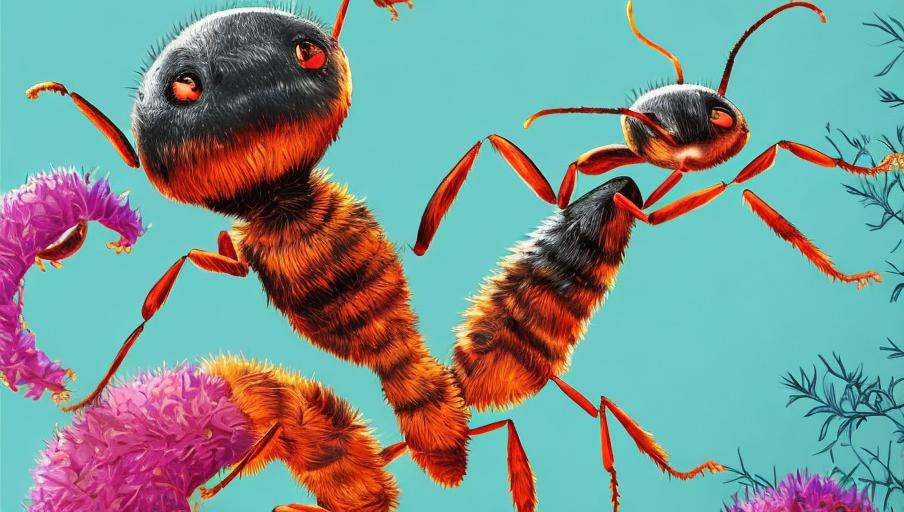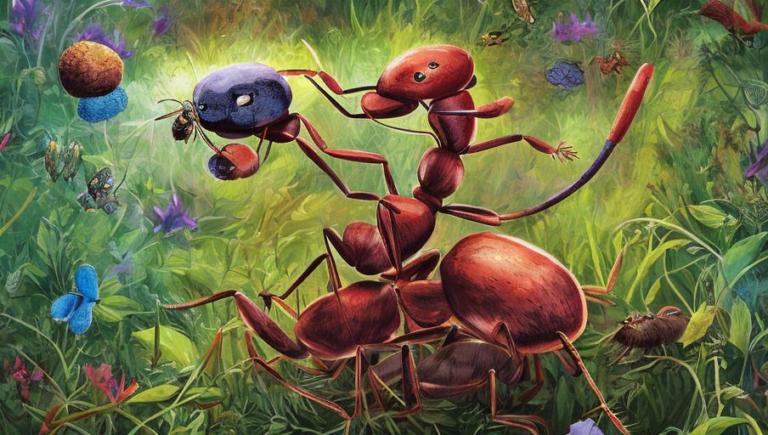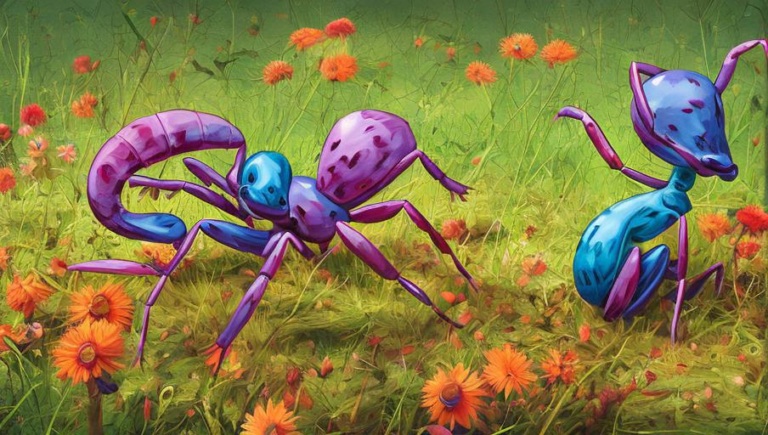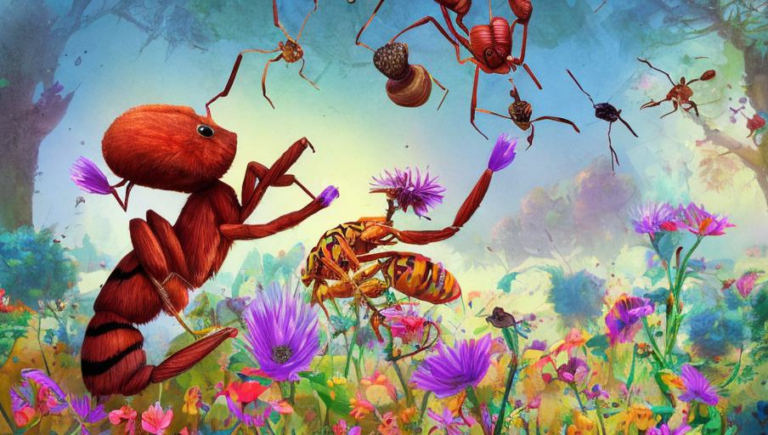The Versatility of Ant Behaviors

Introduction
Ants are some of the most diverse and complex creatures in all of the animal kingdom. They are known for their intelligence and the range of behaviors they exhibit, making them some of the most fascinating creatures to observe. Ants have intricate social lives, complex communication techniques, and exhibit a variety of behaviors, such as foraging, mating, and nest-building. This article will cover the different behaviors and habits of ants, and their importance in the natural world.
Social Behaviors
Ants are highly social creatures. They live in colonies, which can range in size from a few dozen to millions of individuals. They communicate with each other through a variety of chemical, visual, and tactile cues. This allows them to coordinate their activities, such as foraging for food, protecting the colony from predators, and raising young. Ants even have a division of labor, with different members of the colony taking on different tasks. This allows the colony to be more efficient and productive.
Foraging
One of the most important behaviors ants exhibit is foraging. This involves the ants leaving the colony to search for food, which they bring back to the colony to feed the other ants. Ants are able to recognize food sources, and will often form trails that other ants can follow to the food. They are also able to store food in their special stomachs, and bring it back to the colony. This behavior ensures that the colony has a steady supply of food.
Mating
Ants also engage in mating behaviors. This involves the males leaving the colony and searching for a mate. Once they find a suitable partner, they will mate and the female will return to the colony with the male’s sperm. She will then store the sperm and use it to fertilize her eggs. This behavior ensures that the colony continues to grow and thrive.
Nest-Building
Ants are also known for their nest-building behaviors. They use their mandibles to excavate soil, and construct intricate tunnels and chambers. This allows them to create a safe and secure home for the colony. In addition to tunnels, ants will also construct chambers out of soil and plant material that are used for food storage, egg-laying, and for raising young.
Conclusion
Ants are incredibly fascinating creatures. Their behavior is incredibly complex and diverse, and they are able to adapt to their environment in order to survive. They are also incredibly important to the natural world, as they play a vital role in the food chain and are essential to the balance of their ecosystems. The next time you see an ant, take a moment to appreciate the complexity and versatility of their behavior.





